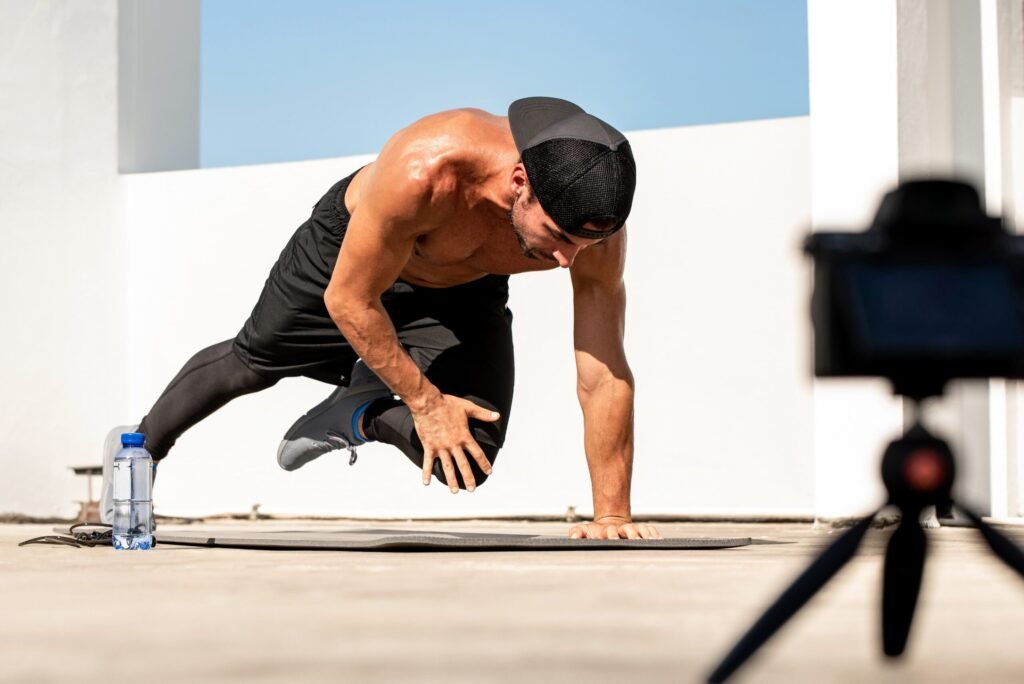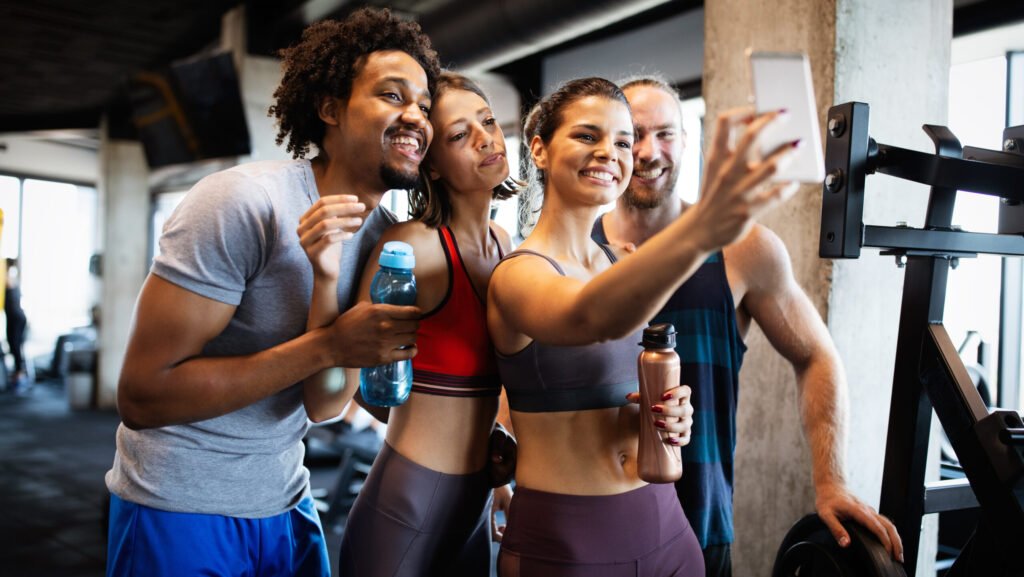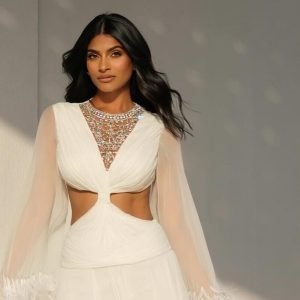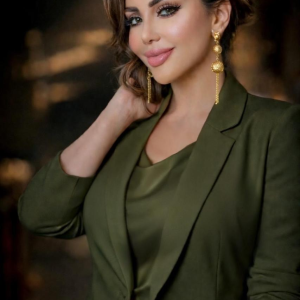In recent years, fitness influencers have emerged as powerful catalysts for health and wellness in the United Arab Emirates. With their energetic videos, relatable personal journeys, and uplifting content, they are not just setting fitness trends—they are shaping a generation.
Social media platforms such as Instagram, TikTok, and YouTube have become digital gyms where these influencers conduct virtual classes, share tips, and interact with millions of followers. For many young people in the UAE, these online personalities have become daily sources of inspiration, support, and motivation to pursue healthier lifestyles.
The Social Media Shift: From Vanity to Vitality
Unlike the past, where social media was often criticized for promoting unrealistic beauty standards, today’s fitness influencers in the UAE are redefining the narrative. They focus on strength, endurance, and mental well-being over appearance. The shift is refreshing—and it resonates deeply with a youth population that is increasingly interested in self-care and holistic health.

By combining personal storytelling with professional advice, influencers are connecting on a human level. They’re sharing the struggles behind the scenes—failed diets, injuries, mental health dips—which in turn fosters authenticity and relatability. This vulnerability is exactly what attracts younger audiences who are tired of overly curated, picture-perfect portrayals of fitness.
Key Influencers Leading the Charge
In the UAE, a few standout names have been especially impactful in the fitness influencer space.

Zahra Lari, a figure skater known for breaking barriers as the first Emirati to compete internationally in hijab, has become an icon for athletic young women across the region. Her journey is one of perseverance and courage. Through her posts and public appearances, she motivates young followers to chase their dreams—no matter the cultural or societal barriers.
Jessica Olie, a yoga expert based in Dubai, has turned her platform into a sanctuary of peace and power. She speaks openly about the importance of mental wellness, showing how fitness is not only about physical appearance but about nurturing your emotional and spiritual health as well. Her inclusive, non-judgmental tone makes yoga and mindfulness practices feel accessible to all.
Then there’s Amal Murad, a parkour trainer and one of the few Emirati women in the field. As a mother and athlete, Amal shows that motherhood and fitness can go hand-in-hand. She regularly posts workout routines designed for women balancing family responsibilities, and her content encourages strength, both physical and emotional.
Another influential figure is Manal Rostom, a long-distance runner and Nike ambassador. She uses her platform to empower women, especially those who wear the hijab, to embrace sports and outdoor activities. Her message is one of confidence, freedom, and challenging societal limitations.
These individuals, among others, are setting examples not through perfection, but through persistence. They remind followers that every body is different, every goal is personal, and every step counts.
The Power of Engagement

Fitness influencers in the UAE are not just content creators—they are community builders. Through Q&A sessions, polls, giveaways, and live classes, they maintain a two-way dialogue with their followers. This level of interaction cultivates loyalty and trust, two key ingredients in long-term motivation.
Workout challenges are particularly popular. A 30-day plank challenge or a month of guided runs not only creates structure but also fosters a sense of collective progress. Young people feel like they’re part of something bigger, and this community support helps them stay committed.
There’s also a growing trend of influencers collaborating with each other or with local gyms, health food brands, and wellness apps. These partnerships amplify their reach and provide followers with exclusive perks—such as discount codes or early access to programs—making fitness more affordable and accessible.
Fitness and Identity: Breaking Cultural Taboos
One of the most powerful impacts fitness influencers are making is in the area of cultural change. In a society where traditional roles and expectations can sometimes limit personal expression, especially for women, influencers are challenging outdated norms.
Young Emirati women, in particular, are now more likely to join gyms, participate in outdoor races, or pursue sports as a career. Seeing someone who looks like them, speaks their language, and understands their values succeed in fitness makes the journey seem less daunting and more doable.
Men, too, are benefitting. Influencers are increasingly talking about emotional health, stress management, and the importance of rest days—topics traditionally neglected in male fitness spaces. The conversation around wellness is expanding, becoming more inclusive, and addressing the real challenges of modern life.
Misinformation and the Need for Balance
While the rise of fitness influencers is largely positive, it isn’t without risks. The accessibility of social media means that not all content is created by certified professionals. Some influencers might unknowingly spread harmful advice or endorse unsafe practices.
UAE health experts have voiced concerns about young people blindly following trending diets or extreme workout routines without proper guidance. There’s also the danger of comparing oneself to influencers with different body types, fitness levels, or genetic predispositions.
Thankfully, many of the region’s top influencers are stepping up by emphasizing responsible fitness. They often disclaim their posts with notes encouraging followers to consult health professionals and listen to their bodies. The trend toward “conscious influence” is gaining traction, where credibility and honesty are valued over virality.
Looking Ahead: The Future of Fitness Influence
As we move further into the digital age, the role of fitness influencers in the UAE will only grow. With new technologies like virtual reality workouts, AI-driven personal training, and wellness apps tailored to regional needs, influencers will have more tools than ever to inspire, teach, and support.
Governments and health institutions are also taking notice. There is potential for collaborations between influencers and public health campaigns, especially those targeting lifestyle diseases such as obesity and diabetes. Given their reach and relatability, influencers can become powerful ambassadors for national wellness initiatives.
The biggest opportunity, however, lies in education. By promoting a well-rounded understanding of fitness—where mental health, nutrition, sleep, and social support all play a role—influencers can help build a healthier, happier future for the youth of the UAE.
Final Thoughts
Fitness influencers are more than just fit bodies on camera. In the UAE, they have become mentors, motivators, and movement makers. By sharing their stories and sparking conversations, they’re giving the youth the confidence to take control of their health, pursue their goals, and live more empowered lives.
What started as a social media trend is now a social transformation. And as this new generation flexes not just their muscles, but their mindset, one thing is clear: fitness is no longer a solo journey. It’s a shared mission—and the influencers are leading the way.
Read More: Abu Dhabi Welcomes the Future of Fitness with Smart Gym Technology












